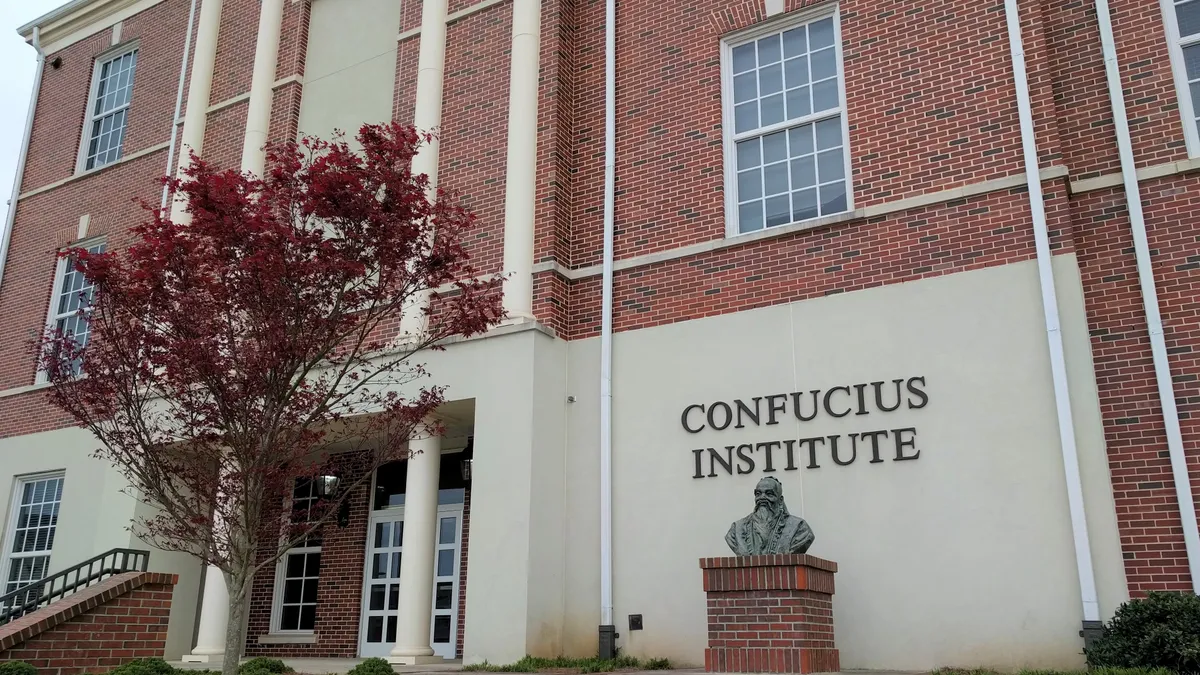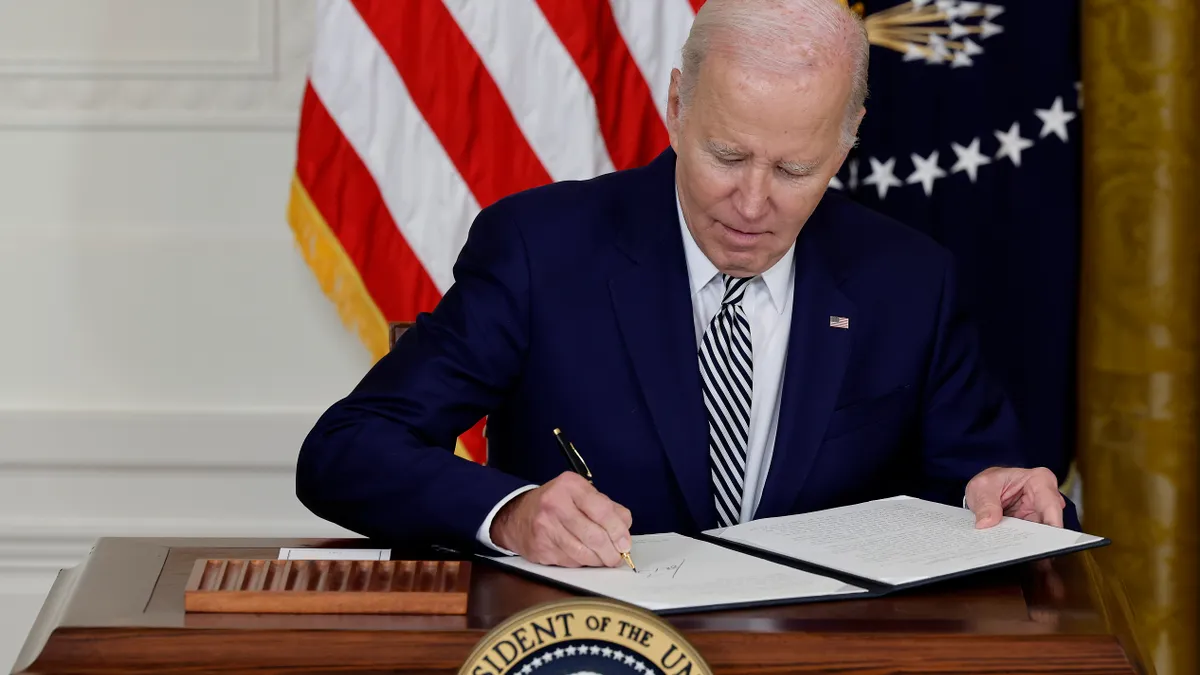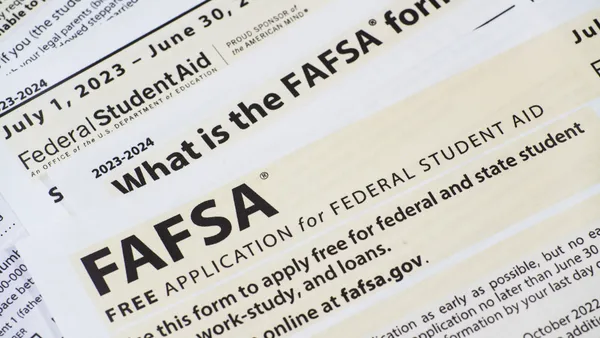Dive Brief:
- The University of Michigan said it will not renew its agreement for cultural education programming with the Confucius Institute, which is funded by the Chinese government, when it expires next year. The university will hold programming through June.
- It is the latest U.S. college to cut ties with the organization as concerns grow about the relationship between the country and higher education here.
- James Holloway, vice provost for global engagement and interdisciplinary academic affairs, said the university hoped to more broadly explore Chinese visual and performing arts within its "regular academic and cultural units."
Dive Insight:
On several fronts, the relationship between U.S. universities and China has become rocky. That includes China's involvement in higher education here and commitments U.S. institutions have made in that country.
Hal Brands, a professor at Johns Hopkins University School of Advanced International Studies and a senior fellow at the Center for Strategic and Budgetary Assessments, wrote this week in a column for Bloomberg that the arrest of a Chinese executive by Canada at the request of the U.S. over espionage concerns added pressure to already strained relations between the two countries.
He cautions against the development of "knee jerk" policies in response, such as banning Chinese nationals from American campuses. He did, however, express support for the American Association of University Professors' call for universities to either shutter or more closely control the some 100 Confucius Institutes in the U.S.
At least five universities preceded the U of Michigan in doing so: the University of Chicago, Pennsylvania State University, the University of North Florida, the University of West Florida and Texas A&M, as well as Canada's McMaster University.
Brands also called on universities to be transparent about accepting funds from China, to collaborate with law enforcement and intelligence agencies over security issues and to be "staunch defenders of freedom of expression." They should also consider the leverage China has as the leading supplier of international students at U.S. colleges, he warned.
This fall, Cornell University suspended participation in two exchange programs in China because of perceived mistreatment of student protestors. Other U.S. institutions operating in the country have been scrutinized over Chinese government involvement in their operations.
In addition, the University of Illinois at Urbana-Champaign said it took out a $60 million insurance policy to cover two departments if they lose 20% or more revenue from Chinese students. Chinese companies' acquisition of American institutions has also come under scrutiny, most recently the attempted purchase of Westminster Choir College in New Jersey.












